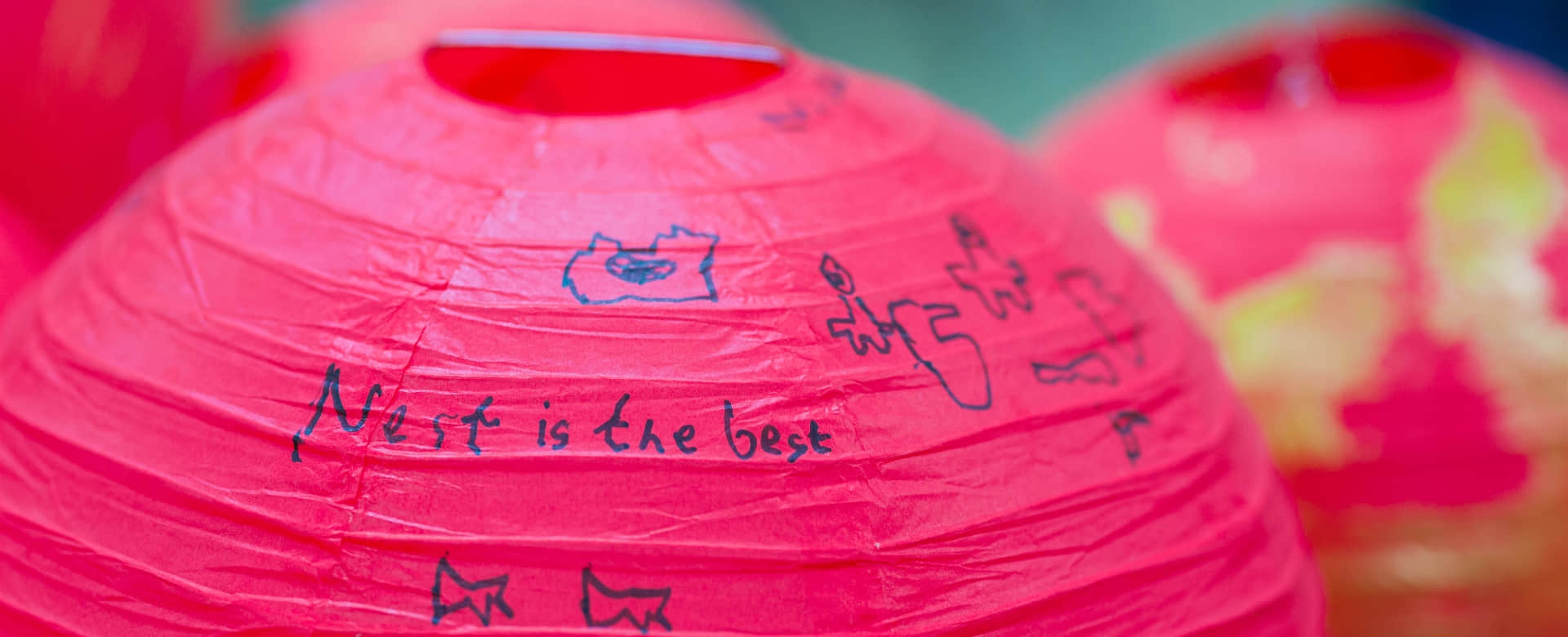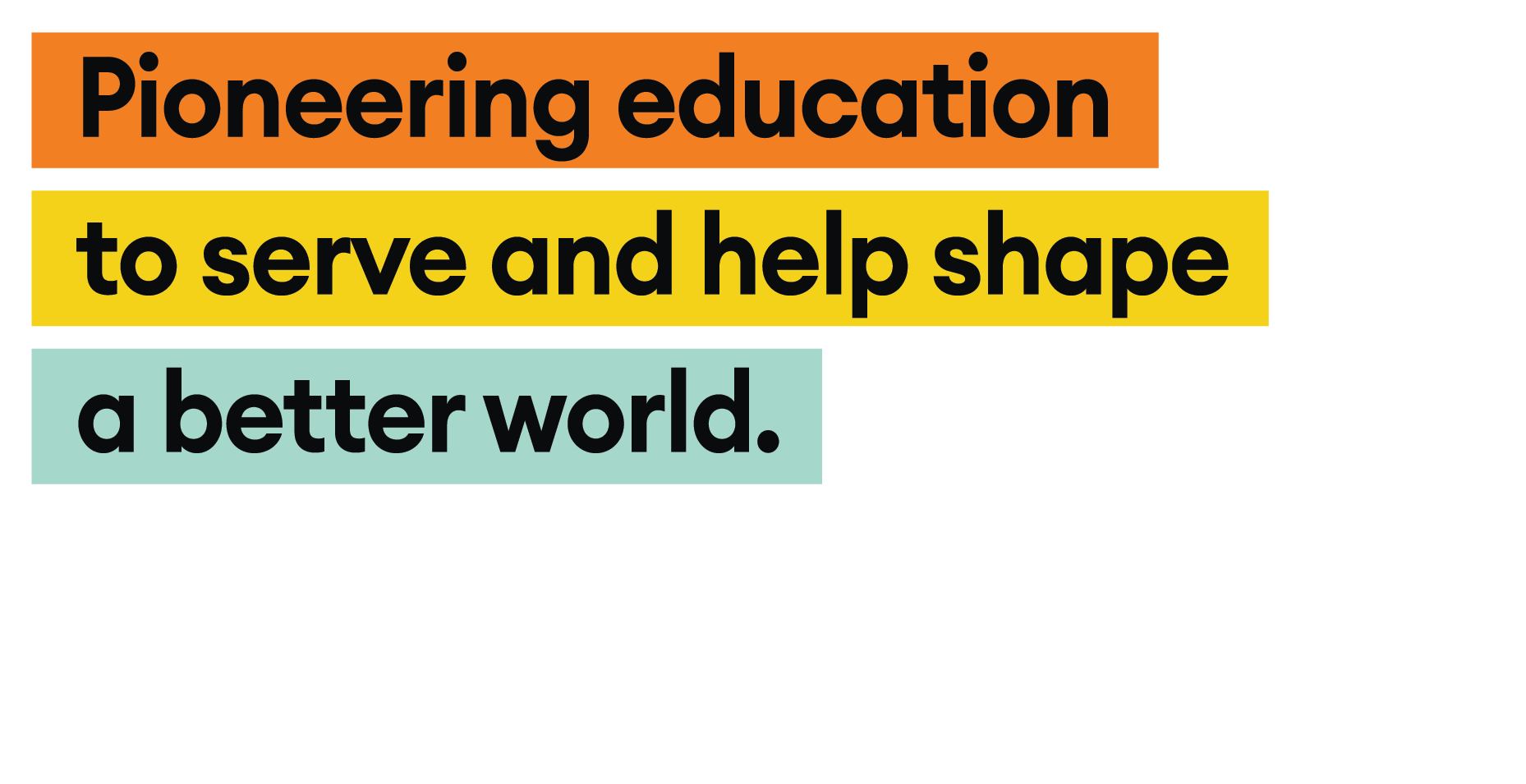Educational Insights | Story Mapping using Talk for Writing

Nini Li
Year 1 Teacher / Curriculum Leader for Communication, Language and Literacy
In the Nest, using talk-for-writing based on our core books within our themes enables children to become successful and proficient writers.
First, we must think about why we write. We write to communicate. Our most basic forms of communication are gestures and language. Therefore, what better starting point to develop our writing than with gesture and talk. Talk-for-writing supports the movement from imitation, to innovation, to independent application and can be adapted to suit the needs of learners of any stage.
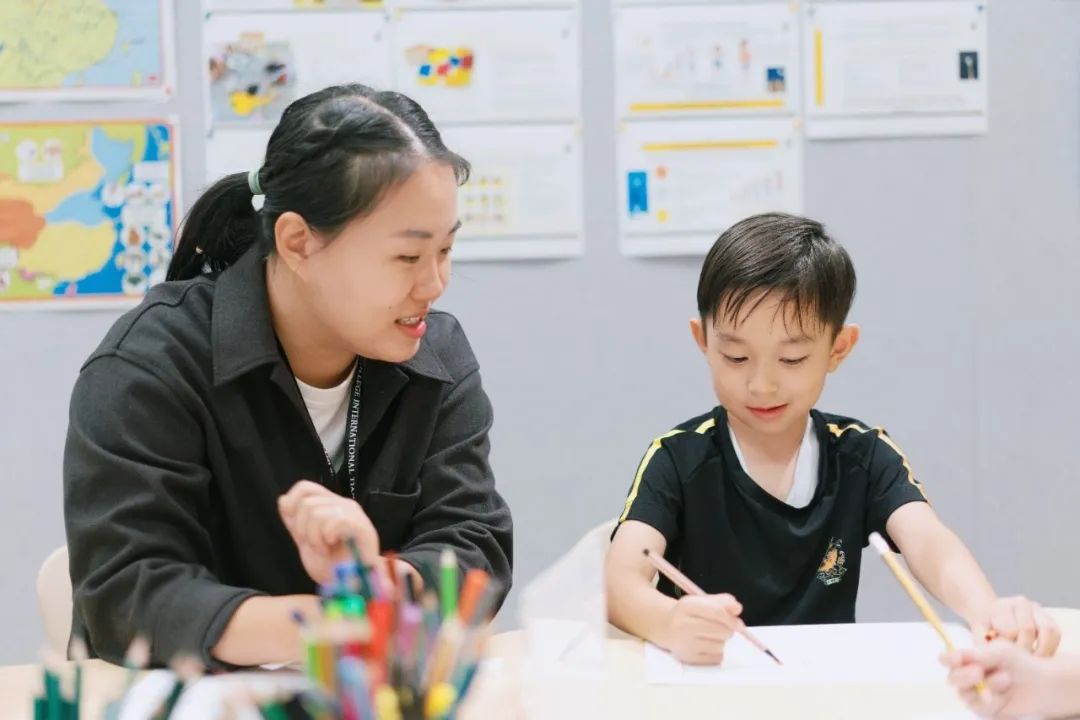
Talk-for-writing begins with children having access to traditional tales with familiar patterns of story language such as, ‘Once upon a time’. When children are exposed to storybooks with familiar, repetitive language, it supports vocabulary acquisition. These traditional stories also involve characters with animals, sparking interest in children. The animals featured have names that use CVC (Consonant, vowel, consonant) words such as pig, fox, and hen, which, are easy to spell, and pronounce.
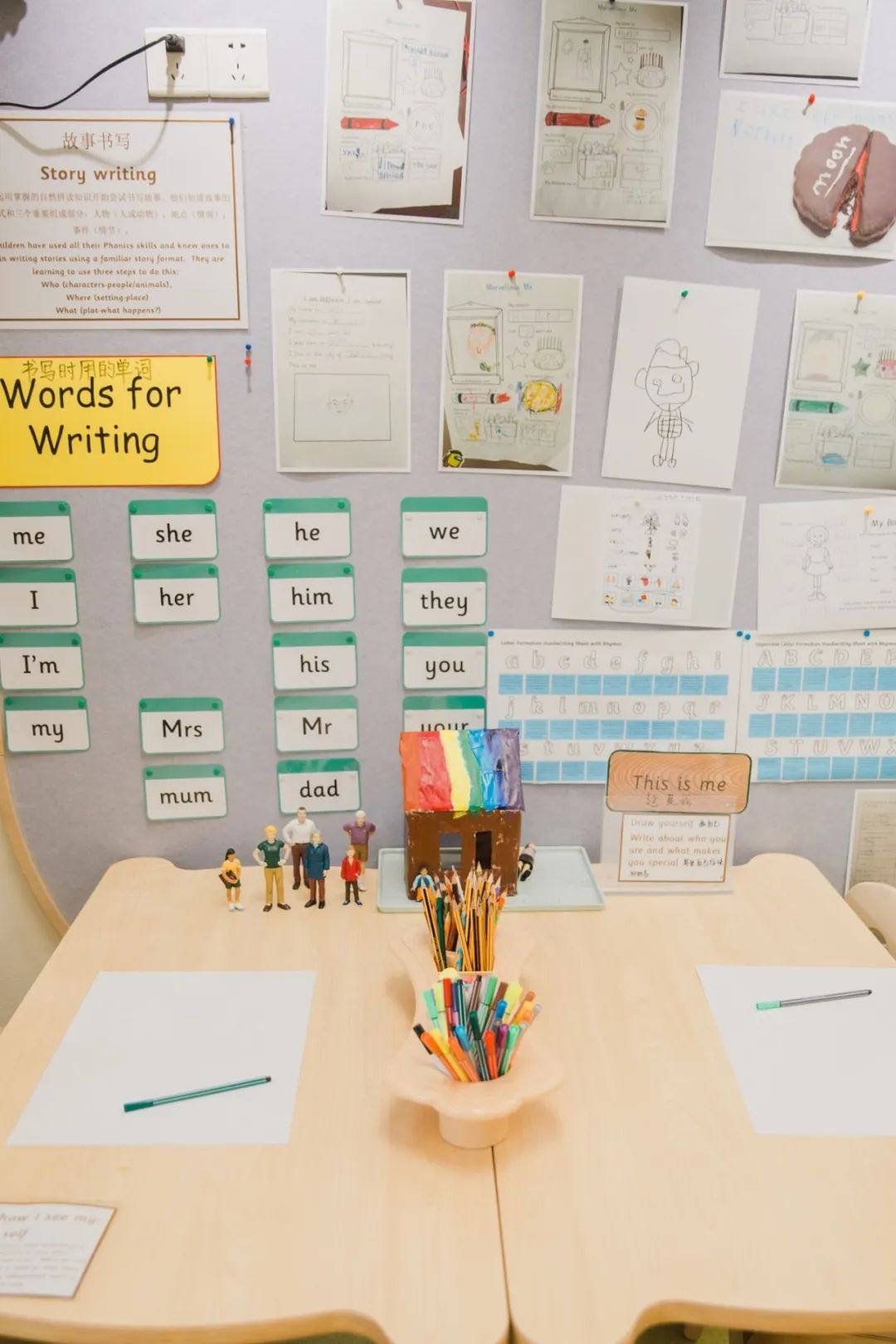
Class and teacher craft an agreed set of actions to match their story characters, actions and events. The whole group retells the story many times using the agreed set of actions. The process of using the actions in sequence with the story enhances the children’s ability to be active listeners during the retell. This process also, increases the children’s comprehension skills, for example, using you’re your hands to show the opening of a book. Children quickly learn this is the action that matches, ‘once-upon-a-time’ signalling the start of the story. Repeating the sequence of actions supports memory recall of the story in its entirety.
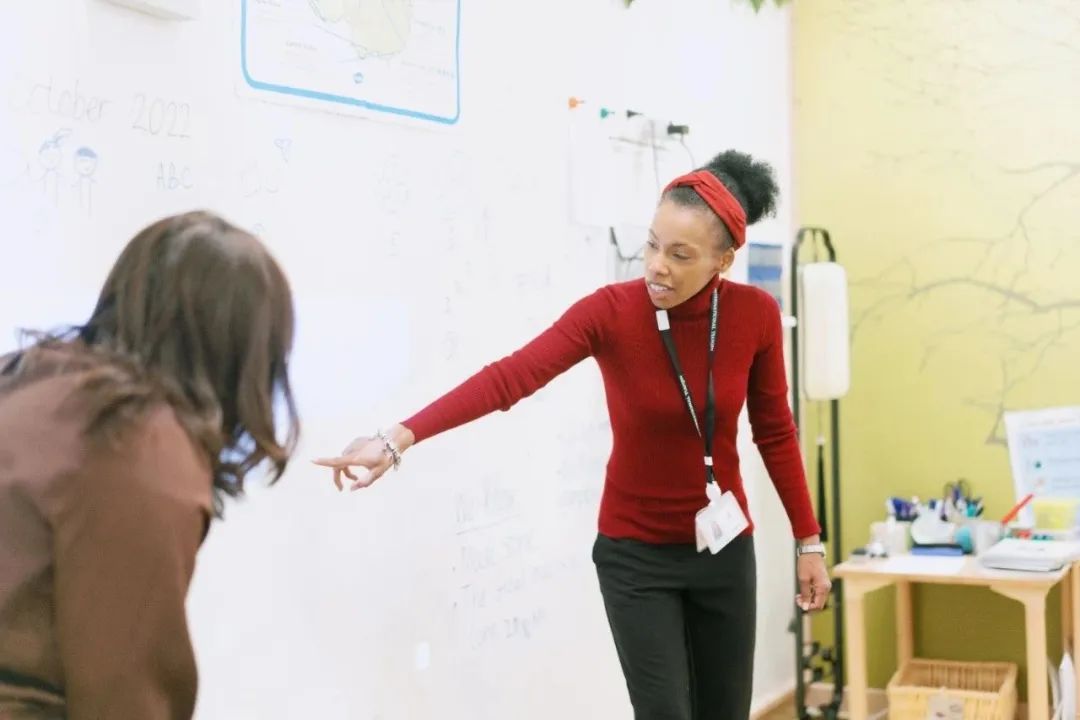
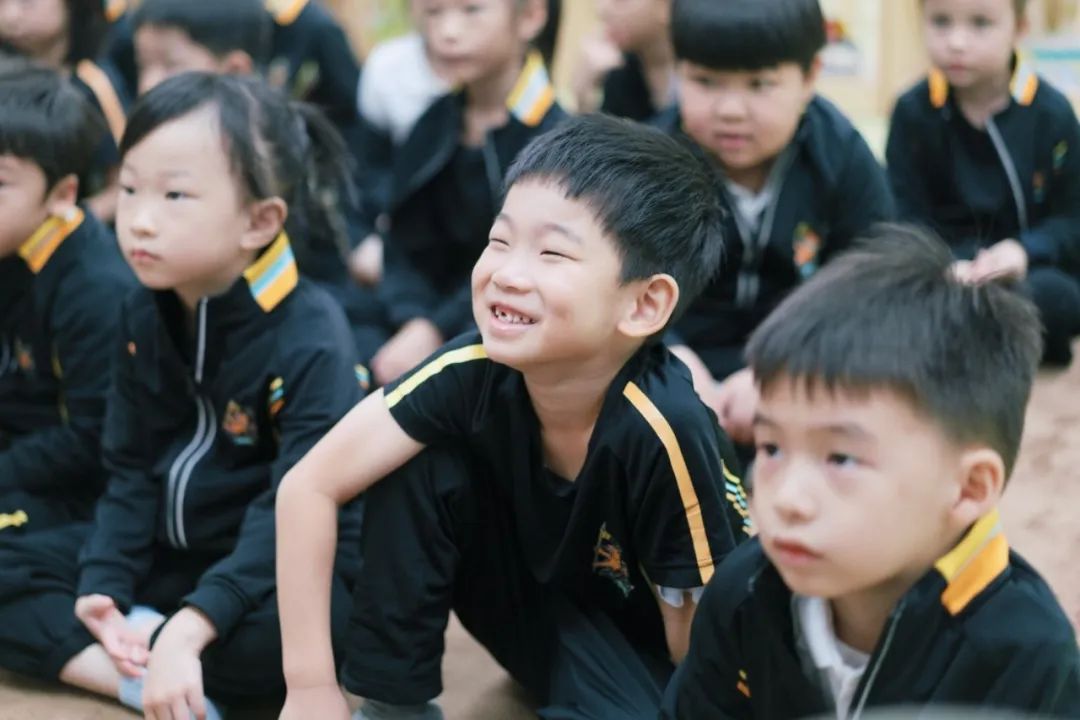
The class, now confident with the story language and actions support the teacher to scribe a story map. The teacher draws quick illustrations with little detail not to spoil the flow of the retell, drawing arrows between each significant event. Later, the class worked as a group retelling the story, still using actions to support the teacher with shared writing adding character names, and keyword labels.
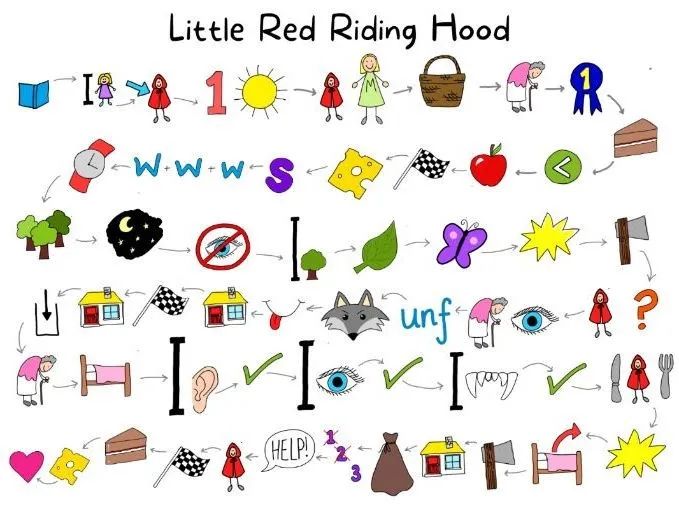
Finally, we add linking words and phrases like: suddenly, then, next, and later that day. Adding these linking words and phrases supports the early development of paragraphing. Children then create their own story maps, using them to retell the story to a friend. This part of the process enables them to check they haven’t missed out on any key parts of the story, supporting early editing skills. Now, they are ready to write narratives!
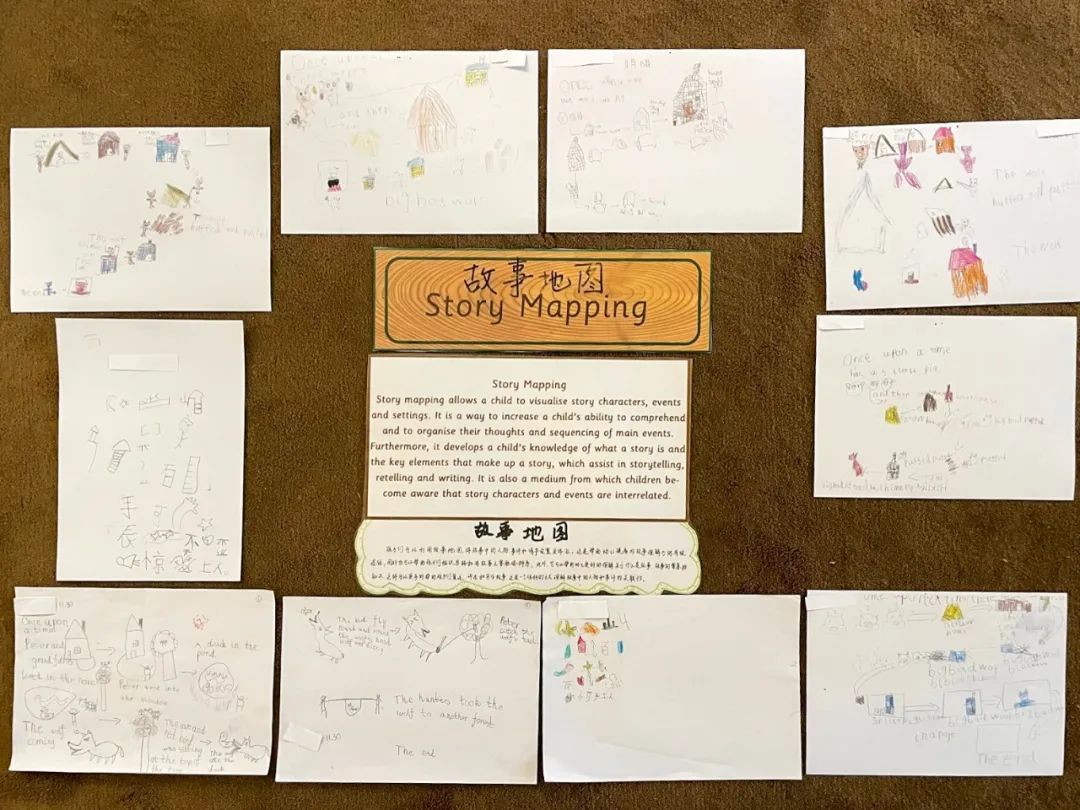
Depending on the age and the learner’s stage, they use their story-map to independently write the story in the form of a narrative. They now have a good scaffold to write the story in full, using their maps complete with keywords and phrases in addition to, their phonic skills.
More advanced learners can begin to story innovate, creating their own story or part of a story. As the writer grows in confidence, they will begin to create their own stories from scratch as they are proficient with story elements and structures. Talk-for-writing can also be applied to other text types, e.g., non-fiction-instruction writing.
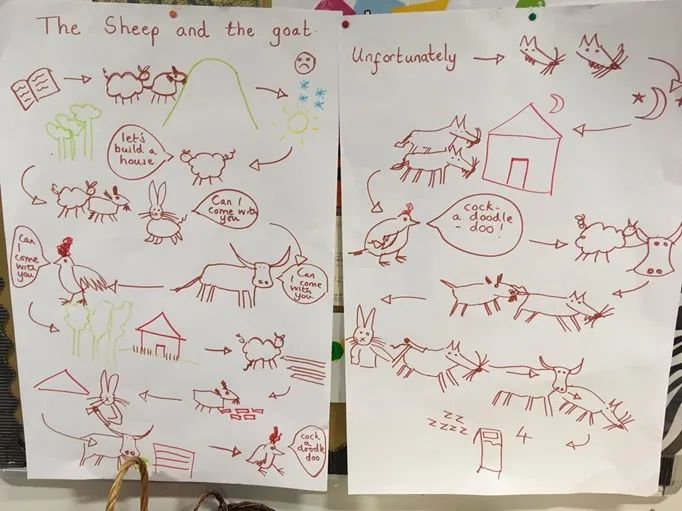
In our Nest, using talk-for-writing based on our core books within our themes enables children to become successful and proficient writers.
Related Articles








 Channel
Channel 
 Linkedin
Linkedin  Weibo
Weibo  Facebook
Facebook  Ins
Ins 


